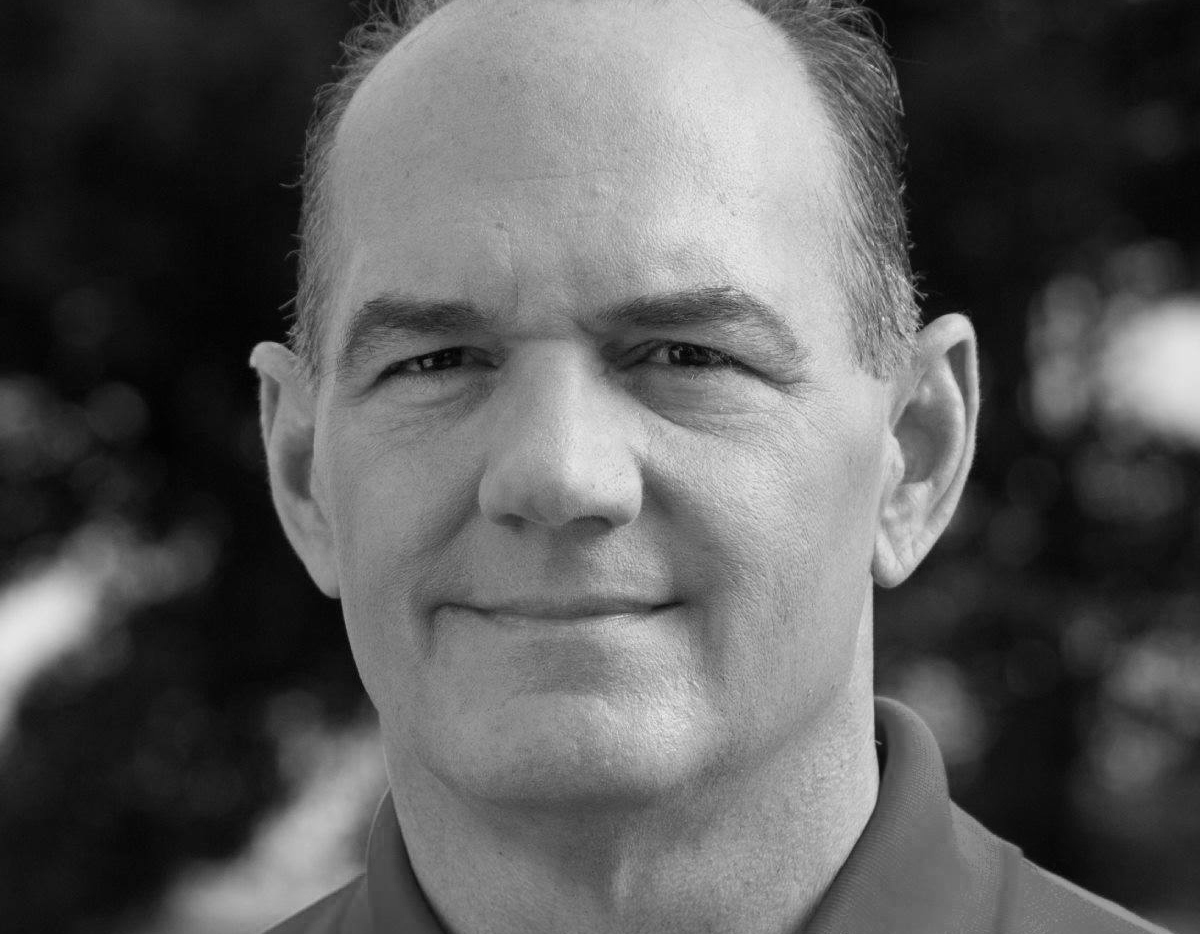Candidate talks about abolishing BOR
Cedar Rapids Mayor Ron Corbett proposes the establishment of a Board of Trustees for the current regent schools, abolishing the Board of Regents.
Sep 21, 2017
Cedar Rapids Mayor Ron Corbett recently made headlines when he indicated that he hopes to eliminate the Iowa Board of Regents and establish separate boards of trustees for each of Iowa’s public universities and its two specialty schools. Corbett is a republican candidate for governor.
“Students could have a voice, faculty could have a voice, the alumni association could have a voice, administration could have a voice,” Corbett said. “You could have more diversity on your board, and you could have a better blend of representation.”
The Iowa Board of Regents consists of nine members, all of whom are appointed by the governor for staggered six-year terms.
According to Corbett, many of the regents are appointed for political reasons, which he believes can affect the decisions and mission of the board.
“Oftentimes they’re political donors to the governor’s office, so it’s a very political board when it comes to governance,” Corbett said. “Over the years, the Board of Regents from the governor’s standpoint has become its own bureaucracy.”
Corbett affirmed his belief that allowing schools to choose their own representatives would involve more students, faculty, administration members, and others who are highly involved in the university. He believes that this would allow for important decisions to stem from sources closer to the universities themselves.
Currently, one seat on the Board of Regents is required to be filled by a student from a public university in Iowa. This seat is currently occupied by UNI student Rachael Johnson, a senior elementary education major.
According to Corbett, the costs of running the Board of Regents is too high for Iowa taxpayers, since it employs several other staff members in addition to the nine board members.
Corbett put this in the context of the recent tuition increases at all three of Iowa’s public universities.
“We can root out this level of bureaucracy that has grown over the last 100 years, save that money or apply it to the universities so they don’t have to look at raising tuition, the way [the Board of Regents] did,” Corbett said.
These recent tuition increases were not equal for all universities. UNI raised tuition at a lower rate than Iowa State University and the University of Iowa. Corbett argued that tuition differentials like this further prove that it’s time for decision-making processes to be left up to each individual university.
Corbett’s plans are based in part on the state of Tennessee’s recent shift from a regents system to individual boards of trustees at each public four-year university in the state.
He especially praised the University of Tennessee’s new Board of Trustees. This year, it passed the university’s lowest tuition increase since 1984, according to the Knoxville News Sentinel.
Beyond dismantling the Board of Regents, Corbett has plans to focus on encouraging enrollment in postsecondary education. This includes four-year institutions as well as community colleges and trade schools.
“Really, the goal has to be high school plus,” Corbett said. “The plus is up to the individual student.”
According to Corbett, the plus can be trade school, apprenticeship programs, two-year community colleges or four-year universities. Overall, Corbett indicated his hope to increase accountability in the decision-making process at the university level.
“I’m really calling for self-governance with a greater voice for the students, the faculty, the alumni, for the institution that they’re either attending, teaching or from which they have graduated,” Corbett said.
Both the Board of Regents and UNI President Mark Nook declined to comment on Corbett’s plan.













